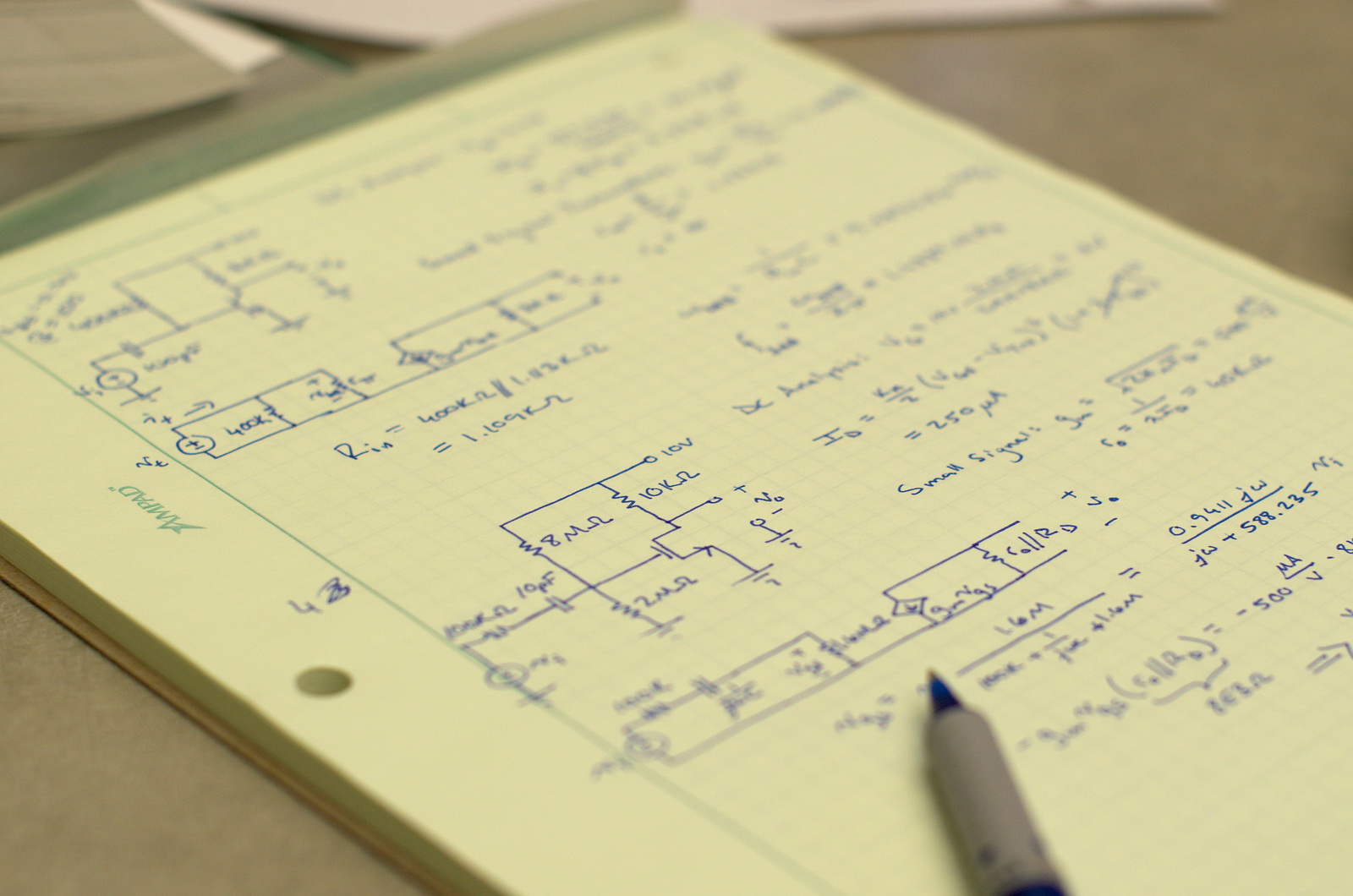Weekly Science Picks

We came to the end of one more brilliant scientific week. What this weekly review brought us are the questions as follows. Can virtual reality make us better people? Could engineers mimic the amazing camouflage abilities of the octopus? How would Australia and STEM deal? And, finally, why wet feels wet? Please stay with us and you will discover these and much more in our newest editor’s selection.
Can virtual reality make you a better person?
I’m here at the Virtual Human Interaction Lab at Stanford University to see for myself just how powerful virtual reality technology has become, and I’m soon to find out that there’s some truth to the notion that virtual environments can change the way people behave in the physical world. In the day ahead, I’ll be both utterly terrified and behaving like a superhero – and the effects on my behaviour will linger for days afterwards.
Engineers mimic the amazing camouflage abilities of the octopus
At first glance, the thumbnail-size grids of 256 minuscule black squares seem to have nothing to do with the octopus, squid and cuttlefish that inspired them. But these hi-tech microconstructions of polymers, semiconductors, light sensors and heating elements are what you get when scientists attempt to replicate the camouflaging ability of the animal world.
Making STEM deadly
That’s why we’ve partnered with BHP Billiton Foundation to deliver a new education project for Aboriginal and Torres Strait Islander students that aims to increase their participation and achievement in science, technology, engineering and mathematics (also known as STEM).
Why wet feels wet: Understanding the illusion of wetness
Though it seems simple, feeling that something is wet is quite a feat because our skin does not have receptors that sense wetness. UK researchers propose that wetness perception is intertwined with our ability to sense cold temperature and tactile sensations such as pressure and texture.
This week brought us great things. Hope the next one will be that amazing, too. Until the next time, please stay curious and scientifically passionate.
 Follow
Follow